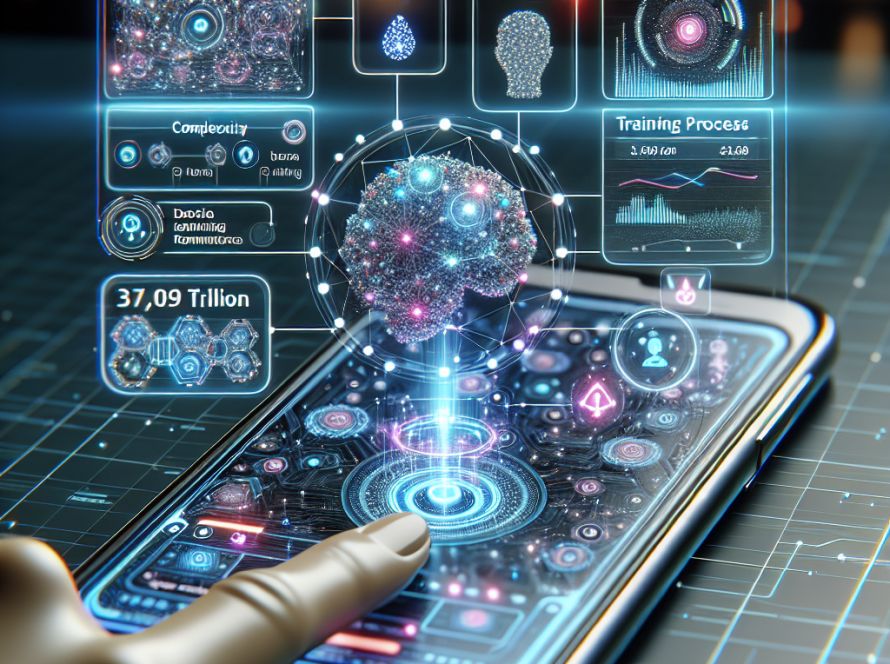The recent misuse of audio deepfakes, including a robocall purporting to be Joe Biden in New Hampshire and spear-phishing campaigns, has prompted questions about the ethical considerations and potential benefits of this emerging technology. Nauman Dawalatabad, a postdoctoral researcher, discussed these concerns in a Q&A prepared for MIT News.
According to Dawalatabad, the attempt to obscure the identity of the source speaker in audio deepfakes comes with many ethical considerations. Given that speech often includes sensitive information such as age, gender, health conditions, and accent, it’s essential to develop technologies that protect against the disclosure of such private data. The goal to anonymize the source speaker’s identity is not only a technical challenge but also a moral responsibility.
In terms of combating the misuse of audio deepfakes, notably spear-phishing attacks, many risks must be considered. The use of deepfakes can lead to the dissemination of misinformation, identity theft, and content alteration. However, the development of countermeasures and the advancement of detection techniques are crucial. Primarily, two methods to detect fake audio have emerged – artifact detection and liveness detection. Artifact detection involves recognizing anomalies introduced during the generation of deepfakes, while liveness detection uses the inherent qualities of natural speech for recognition. Industries such as Pindrop are developing such solutions. The addition of audio watermarking could also help trace original content and deter tampering.
Despite the potential abuses, Dawalatabad emphasizes that audio deepfakes can also have significant positive impacts, particularly in healthcare and education. The anonymization of patient and doctor voices in cognitive health care allows valuable medical data sharing globally, which could boost development in cognitive health care. Similarly, there are opportunities for voice restoration for individuals with speech impairments.
Dawalatabad believes that the future relationship between AI and audio perception will undergo groundbreaking advancements, with new models appearing every month that promise practical applications benefiting society. Despite the risks, he emphasizes that audio AI models’ potential to revolutionize health care, entertainment, education, and beyond reflects the research field’s positive trajectory.


